Zarifa Ghafari, one of the first female Afghan mayors, poses for a portrait in Kabul last March. Thibault Lefébure
He arrives in a hurry and out of breath at the hotel in Kabul where he has asked for the interview to take place.
It is followed by the director who shoots a documentary about her for Netflix, entitled
In Her Hands
(in her hands).
To her left, the writer who will help her turn her experiences into an autobiographical book,
Zarifa: A Woman's Battle in a Man's World
.
Today, the two projects have already been announced, because the meeting takes place in March, shortly after six months have elapsed since the return to power of the Taliban.
It is the first time that Zarifa Ghafari (30 years old, Afghanistan), one of the first women mayors of Afghanistan, has returned to her country after that traumatic August last year, when she had to secretly flee to Germany with her family.
Her return, far from being seen as just an achievement, has sparked controversy on the networks.
Some critics accuse her of implying that the situation in Afghanistan is not so dangerous and whitening the Taliban with her return.
She defends herself.
Ghafari's work in recent years has been frowned upon by fundamentalists.
She was mayor of Maidan Shahr, a small town 45 kilometers southwest of Kabul, the capital of Vardak province.
She was 2018 and she was 26 years old.
Despite the multiple obstacles of a society that did not see her favorably, she kept the position until she was promoted – a few months before August 2021 – to one of the civilian offices of the Afghan Ministry of Defense.
Her father, a military veteran in the Special Forces of the former government, was killed in 2020, allegedly by the Taliban.
She says that she received threats repeatedly.
Still, she ensures that she takes the risks and remains committed to her country.
For this reason, she wants her life to pass between Europe, where her family continues to reside, and Afghanistan,
where the day before the interview, she inaugurated a center, financed by donations, in which women receive free education and carry out craft and tailoring workshops, among other activities.
His long-term goal is for these centers to exist in all 34 Afghan provinces.
Ask.
How did she start in politics to become mayor in a country as difficult as Afghanistan?
Response.
I always wanted to work with, between and for people.
Arriving at government work and assuming a responsibility in the Government was not an attempt to reach politics.
But since she was a child she wanted to do something big.
That's why I started in the Youth Parliament of Afghanistan after graduating from a Masters in Economics in India.
I set up a radio station with who is now my life partner, later I started an organization and then I signed up for a process to be mayor.
Q.
How do you remember your time as mayor?
A.
Really impressive.
In three years I grew at a speed that helped me develop not only my career, but to learn about my own society, my country and the wishes of my people.
I always wanted to do so many things for other places, although I couldn't because I was blocked in the context of the city.
When I left office, four months before the fall of Kabul, I wanted another woman to succeed me.
P.
Being mayor must have been very complex for local society.
R.
When I was mayor, a small problem within the city became a big disaster for the whole world and received a lot of attacks, on social networks, at events... "Oh, the mayor does not work, she is not capable ”.
Right now everything is a big mess and nobody is saying anything.
This makes me think that they criticized me because I was just a woman.
Q.
In addition, you had to face threats from the Taliban.
A.
Yes, I have been attacked three times and my father was killed – based on the information we received from the previous government, at the hands of the Taliban.
I had to deal with a lot of things as mayor of a very conservative city in Afghanistan.
First, create trust between me and people.
Second, to deal with the extremist ideologies of those who, when talking to women, all they had in mind was cooking and babies.
Talking to them and giving them orders was very troublesome.
The insecurity caused by the Taliban, having the mafia inside the city, with a team of very corrupt local governors inside the office, gave me big headaches.
Q.
The biggest headache came in August of last year.
How did you experience the taking of Kabul?
A.
On August 15 at 11:30 am I was still in my office, here in Kabul, at the Ministry of Defense.
He couldn't believe it.
I took it in in the middle of the night, when
Al Jazeera
showed live footage from inside the presidential palace.
It was not because of the change of government, because for me it does not matter who is the king or what government there is.
It is about my rights, about my work, about my struggles.
I saw how a big change affected my life, my father's... My sisters can't enjoy a free life, I can't walk like a normal citizen through the streets.
That was the moment I burst into tears.
I couldn't sleep all night.
Q.
You decided to pack your bags and run away.
A.
I left the country to give my family a safe haven.
We arrived at the airport with the support of the Turkish embassy.
It was difficult, I put on the black hijab and hid my face.
From the airport we went to Islamabad, the capital of Pakistan, and from there to Turkey.
I arrived in Germany on August 22 with my whole family.
After my father's death, I was responsible, since I am the oldest.
My mother was three years old when she lost her father and had just lost her husband.
I didn't want them to pay for my decisions.
P.
You have returned for the first time with the Taliban already established in power.
What feelings does he have?
R.
I admit that there are many problems.
But other things give you the power of self-resistance.
I have seen the girls walking through the gate of Kabul University and it has given me a lot of energy, it has been a great medicine for all this pain.
At the same time, I have seen women begging for food on the street.
If they could go to an office, any kind of office, and work, maybe they would have something to eat, at least once a day.
“I went on national television and called on the Taliban to release all the women prisoners.
No one dares to do this."
Zarifa Ghafari, one of the first women to become mayor in Afghanistan
Q.
Secondary school girls have not been able to return to school.
Could this also be the case for university students?
R.
We'll see what comes next.
For now, that vision of women entering college has given me the strength to resist.
People – especially from outside Afghanistan – talk about armed resistance, war… but I think resistance through education works better.
Sometimes you don't have to die with a gun: you just get ready and get out of the house.
Like me, who risks everything.
Is not easy.
I came back, I'm here and so far nothing has happened to me.
But of course I see many problems and difficulties, and I am going to talk about them.
Like yesterday: in an interview on the Afghan national TV channel I was asked about women's rights.
I asked the Taliban leadership to release all the prisoners.
Nobody dares to do it.
I don't care, I risk it all because I think I'm doing the right thing.
This is how we have to resist.
P.
To return to Afghanistan, have you had to reach an agreement to guarantee your safety?
R.
To return to my own home I do not need to make agreements with anyone.
I've already told everyone, in every interview since I've been here, that if someone is able to prove that I've had some sort of deal with the Taliban, I'm ready to pay whatever they ask.
But I don't need to: it's my country.
Of course the Taliban know I'm here, I've been through immigration on arrival in Kabul.
Q.
There has been some criticism on social media about your return to Afghanistan.
A.
There are a lot of rumors around me, especially from those outside.
People think I make a lot of money from donors and that's why I'm back, maybe to give it to the Taliban.
But a lot of women here believe in what I do.
What I have said in recent days in Afghanistan is the same as what I have said since I left the country, since the fall of the previous government.
Q.
The country is blocked by international sanctions against the Taliban.
Would you like to send a message to the international community, foreign governments or NGOs?
R.
I would like the international community to pay attention.
I share the pain of the Ukrainian people, I feel pain for Ukraine and its people;
but at the same time, the same crisis is happening in my country.
We need the aids to deliver them to the people on the ground, especially those women who have no one to care about them.
You can follow PLANETA FUTURO on
,
and
, and subscribe
to our 'newsletter'
here
.

/cloudfront-eu-central-1.images.arcpublishing.com/prisa/RNA4JYF5WRFQZCKKVT2ZDDCRP4.jpg)
/cloudfront-eu-central-1.images.arcpublishing.com/prisa/KA3LQ5ZEAFEQXOIZXJEEVDUZUQ.jpg)
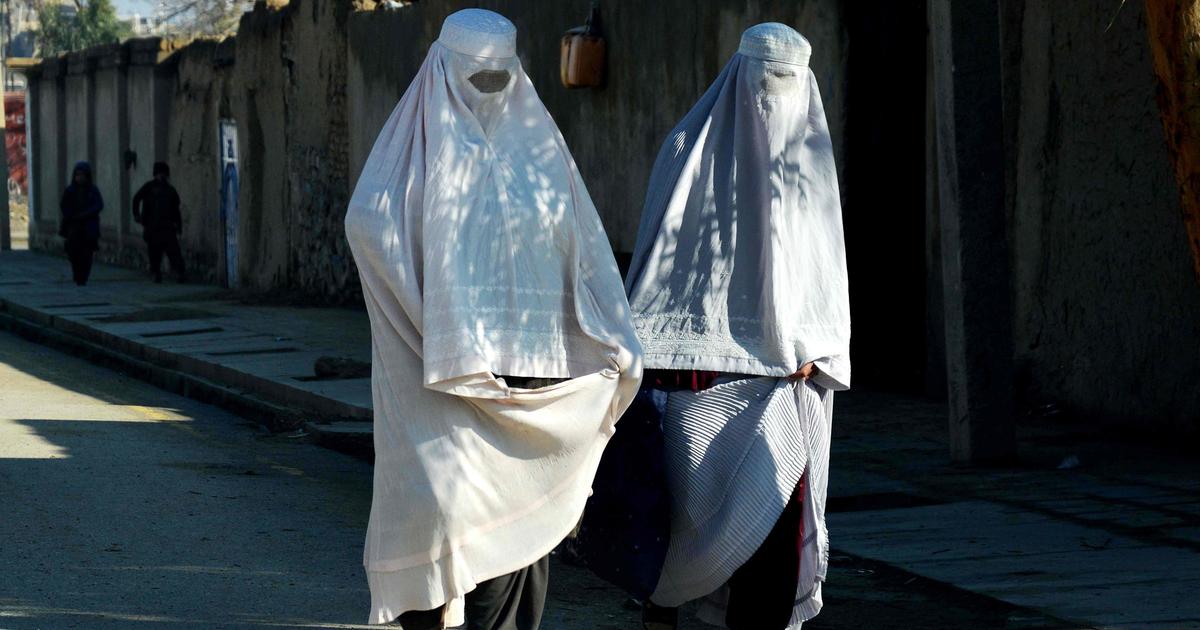
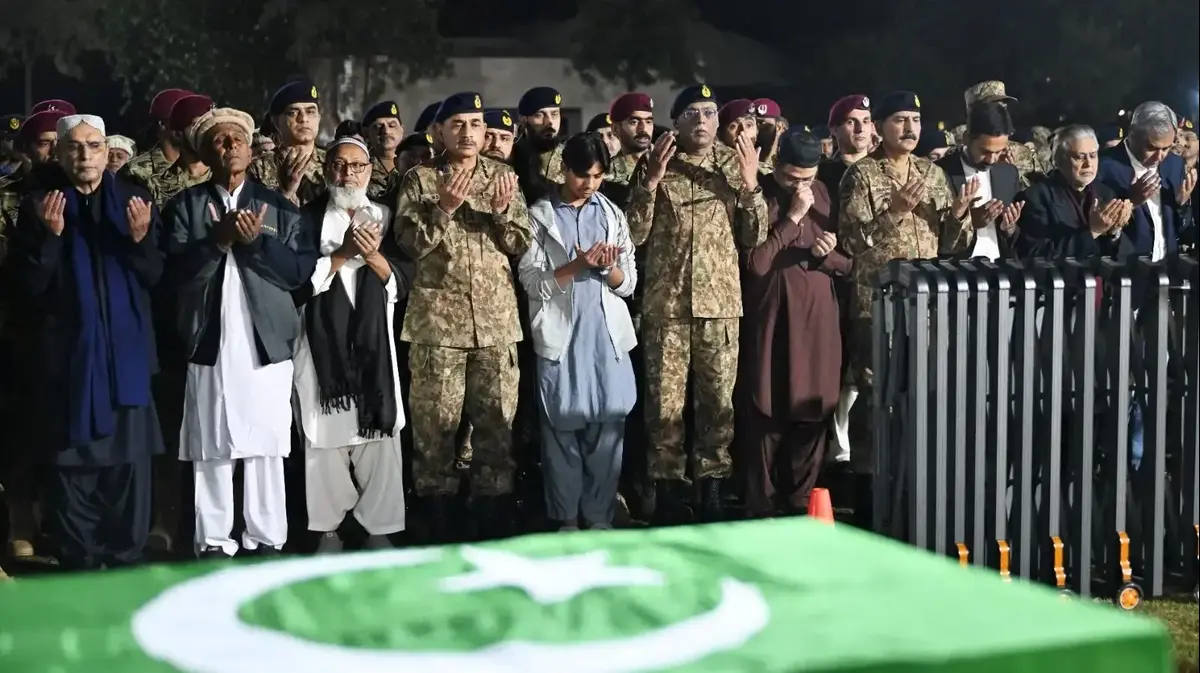
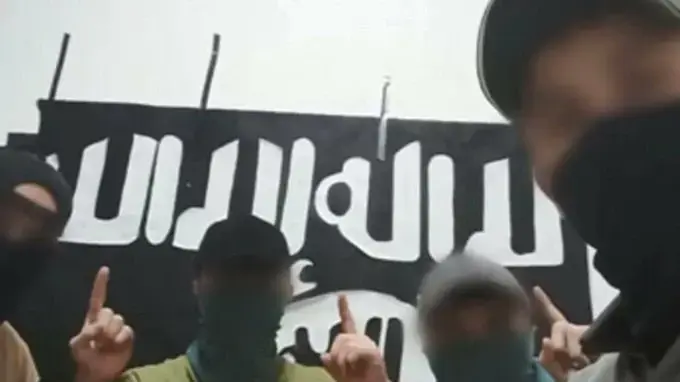
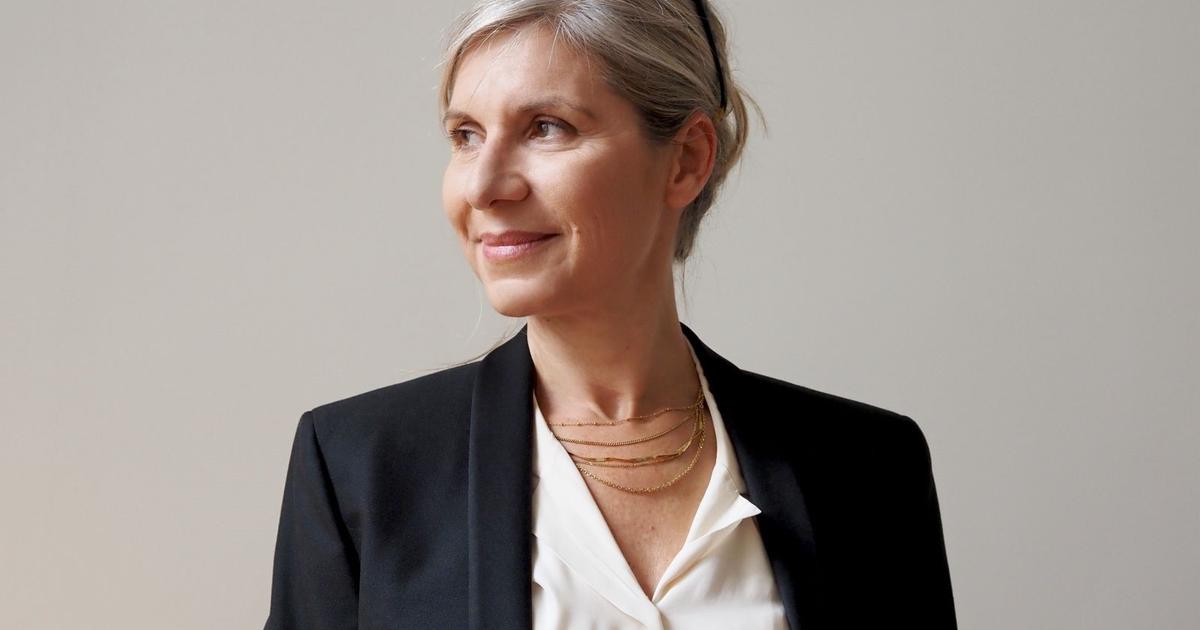
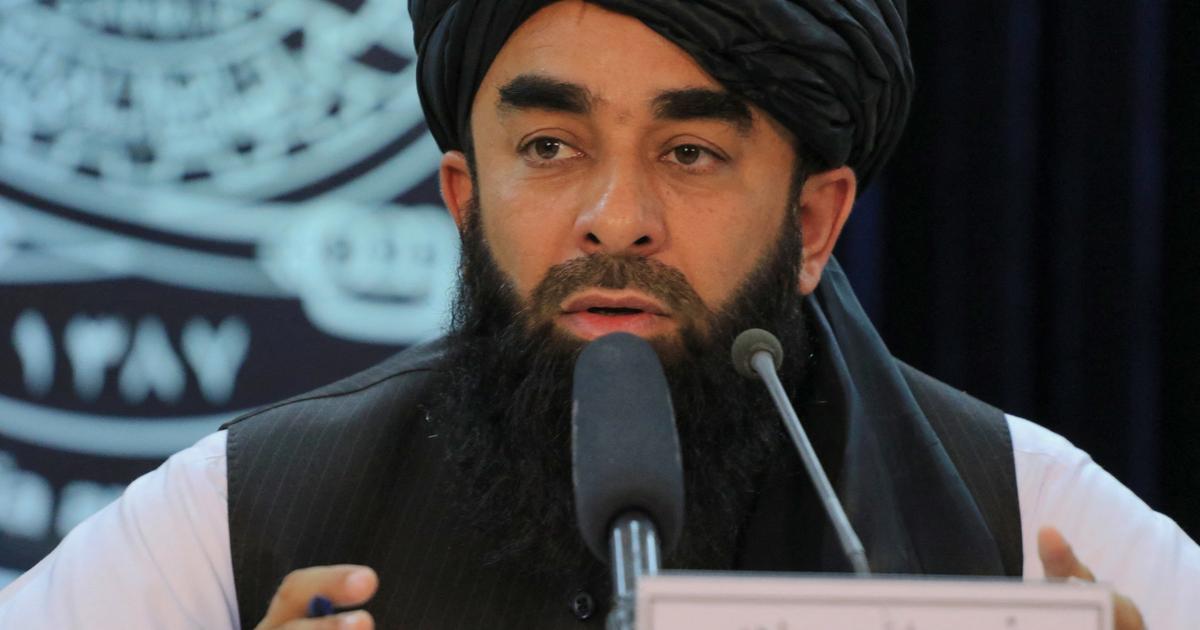
/cloudfront-eu-central-1.images.arcpublishing.com/prisa/VU7S6EWZZVMMDGHINQUMAFJHCE.jpg)
